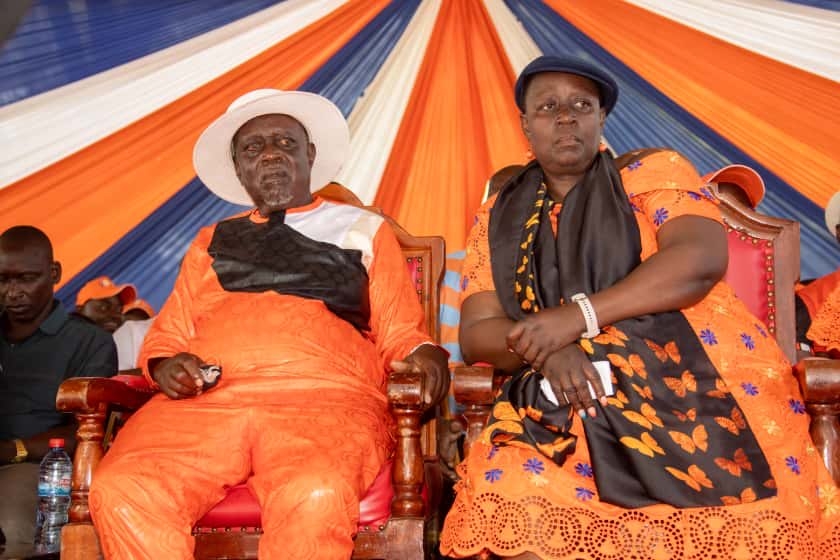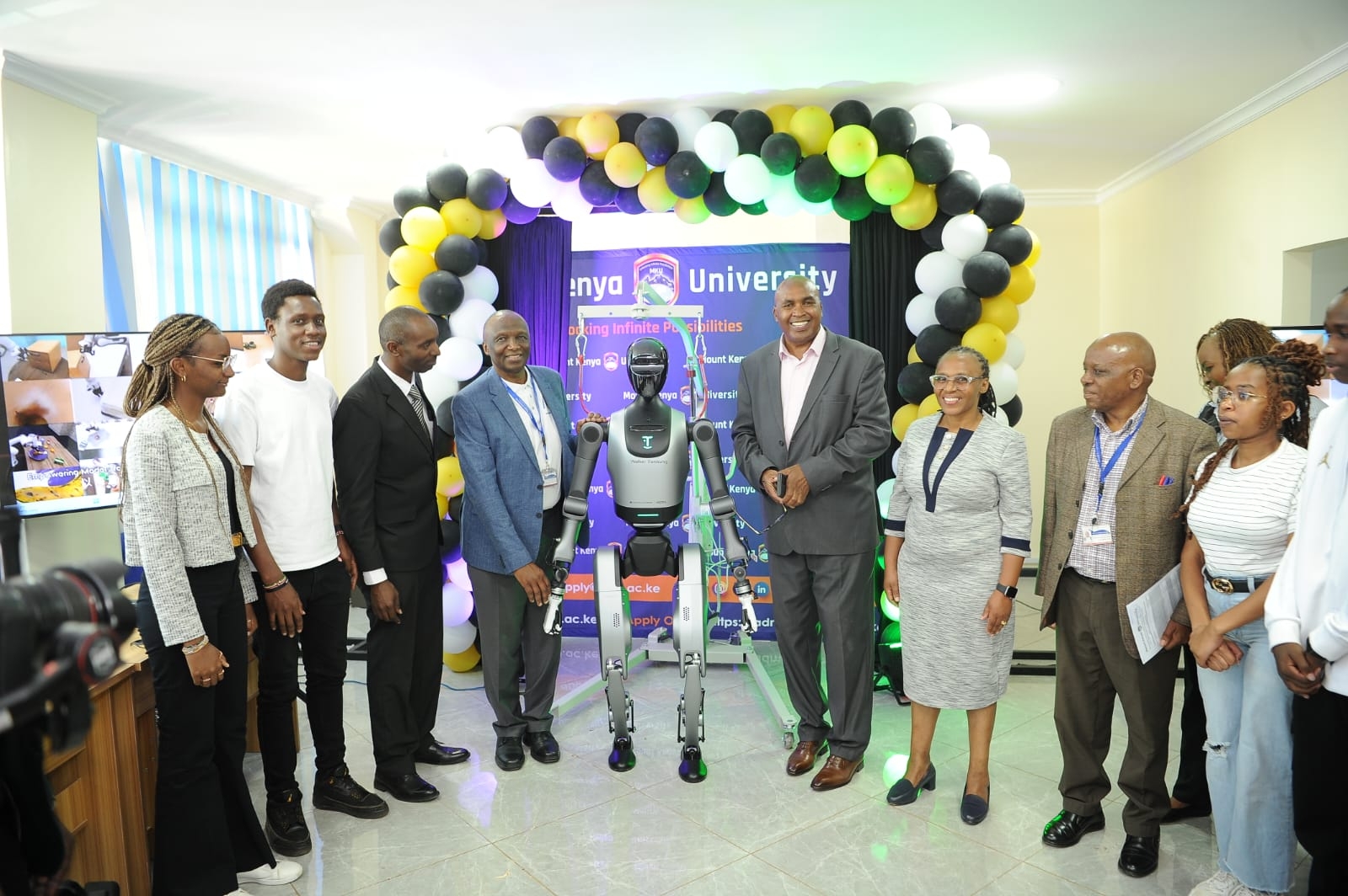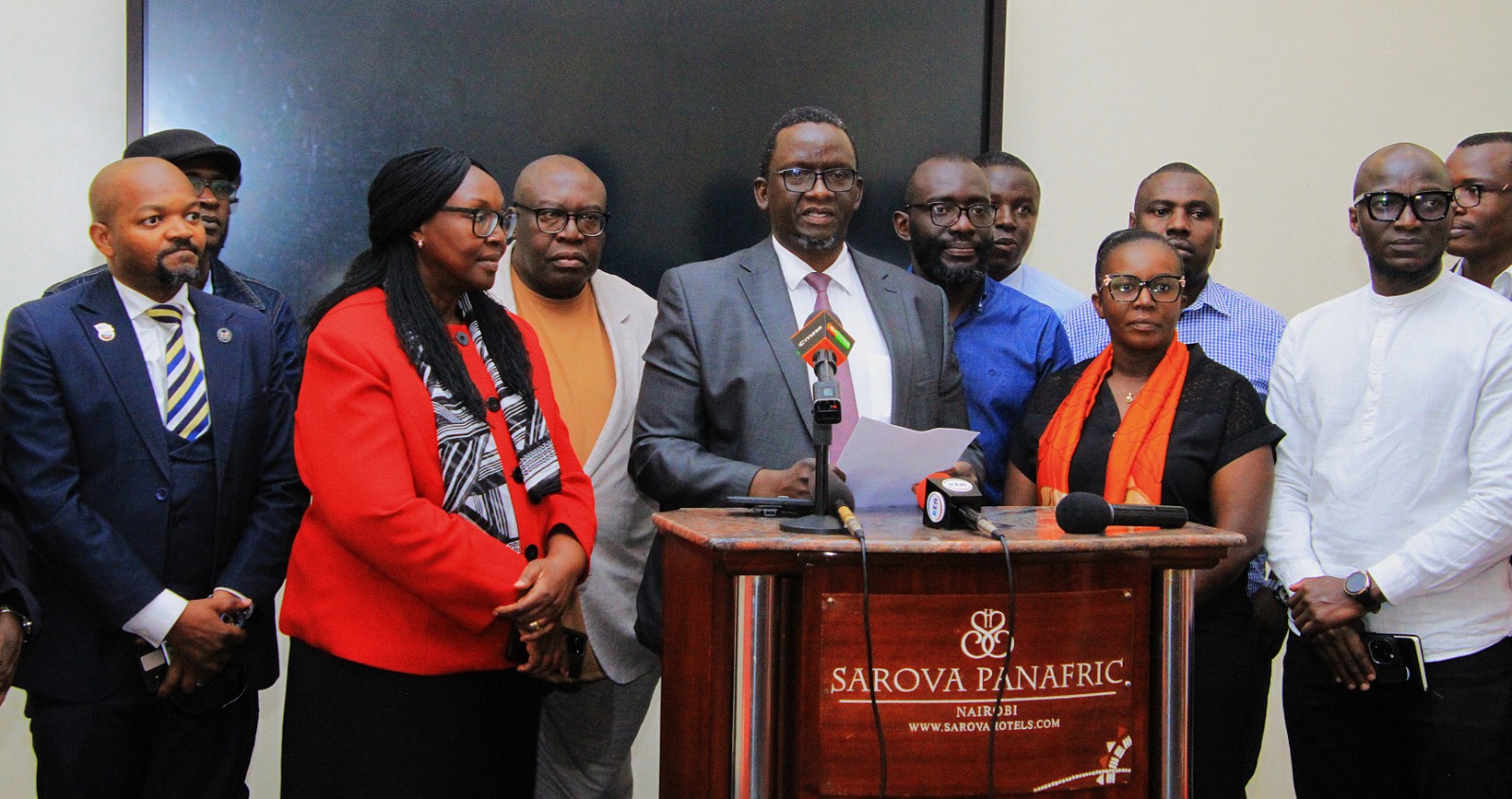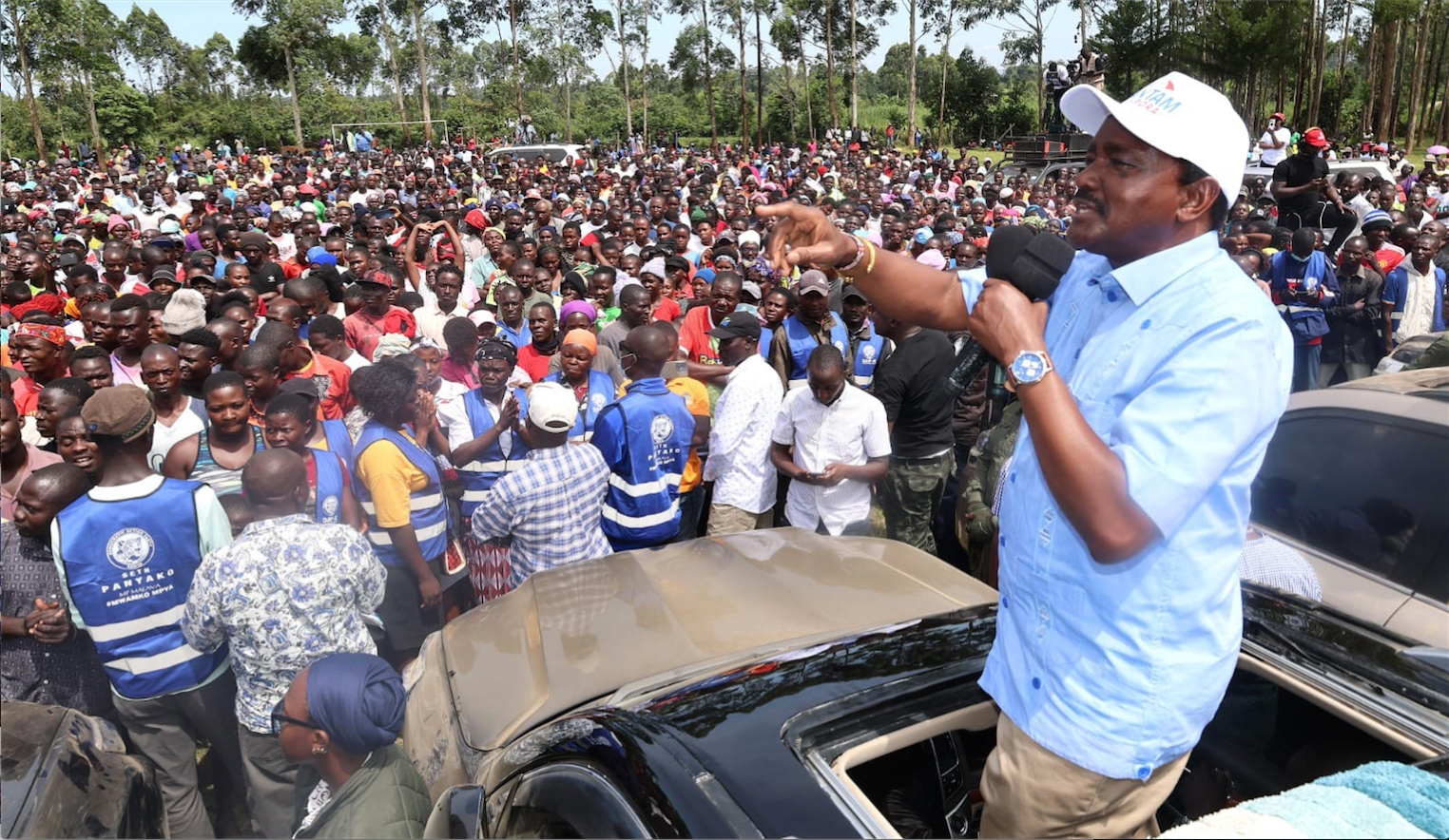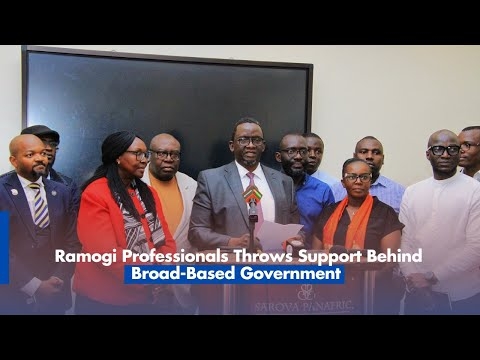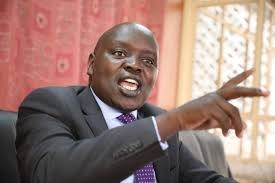The hail of indiscriminate missile fire across Ukraine this morning was Russia's brutal payback for the attack on the Crimean bridge.
Russian President Vladimir Putin called it the response to an "act of terrorism" which he blamed on Ukraine.
But it was also Mr Putin's response to hawks in his own camp who have been growing increasingly restless with Russian losses in the war and increasingly loud with their calls for tougher action.
Those pro-Kremlin officials and TV hosts who were depressed and dejected just days ago are now cheering this assault on their neighbour, gloating and even dancing in social media posts as Ukraine grieves for its dead and picks through the wreckage of multiple attacks.
The barrage of missiles was Gen Sergei Surovikin's first day of work.
Now in charge of Russia's war effort, his appointment this weekend was a sop by Mr Putin to the hardliners.
The general's CV includes the indiscriminate Russian bombardment of Syria and the death of pro-democracy protesters in Moscow in 1991 during the attempted coup, so he was already being described as ruthless.
This morning matched his reputation.
The Crimean bridge strike on Saturday pushed Russian dismay at the war's progress to a peak.
A symbol of Russia's claim to Ukraine - the illegal annexation of Crimea in 2014 - had gone up in flames and the loudest voices in this war, the hardliners, were baying for retaliation.
They had been calling for attacks on civilian infrastructure for some time: to freeze the Ukrainian people into submission this winter, if their soldiers can't be beaten on the battlefield.
"When will we actually start fighting?" propagandist Vladimir Solovyov demanded to know, arguing it was better for Russia to be feared than laughed at.
So today, Kremlin loyalists are celebrating.
The Chechen leader Ramzan Kadyrov, who had been furiously criticising Russia's defence ministry for weeks, has pronounced himself "100% happy".
RT television channel boss Margarita Simonyan defined the bridge attack as a "red line" before cooing that Russia's "little response has landed".
One of her senior employees, Anton Krasovsky, posted a video of himself in a cap with a pro-war Z symbol and what looked like Russian army pyjamas, dancing and grinning broadly at the camera. At the start, he punches the air, apparently for victory.
But this "shock and awe" attack - which killed civilians and destroyed homes, smashing into parks and playgrounds - comes from a position of Russian weakness: its troops have been losing on the ground.
Vladimir Putin seemed to drag his heels when that began, perhaps hoping to hold out on the battlefield until winter when Ukraine's Western allies might weaken in their support, under more political pressure at home.
Russia could then pressure for talks: a frozen conflict.
But Ukraine's military kept advancing, its morale still strong, even after Russia illegally annexed four chunks of Ukrainian land.
The frustration of Russian hardliners burst into the open.
Their criticism has been carefully focused on the military, not President Putin. But this is his war: he launched it and he is Russia's supreme commander-in-chief.
That's why Grigory Yudin, from the Moscow School of Social and Economic Sciences, described Monday's mass shelling as "an act of desperation", aimed mostly at solving Mr Putin's internal problems.
Russia's president had embraced the hawks' idea that you have to "scare the opponent to death" so it will surrender, Mr Yudin wrote on Twitter.
Russia's former President, Dmitry Medvedev - once seen as a liberal - warned that these strikes were just "the first episode", with more to come.
Vladimir Putin himself said Russia would respond "in a very harsh manner" if what he called "acts of terrorism" like the bridge attack continue.
Such talk could suggest a dark, new turn in the war, with increasingly random and devastating attacks.
"I think the Russian leadership is ready for a war of attrition," Russian foreign policy analyst Andrei Kortunov told the BBC.
"They would like to break the will of the Ukrainian people and army which implies heavy strikes against critical infrastructure."
And yet Ukraine has shown no sign of buckling in well over seven months of an invasion that has already brought horrors such as the siege of Mariupol and torture and executions in places like Bucha and Izyum.
"This theory is wrong in the Ukrainian case," Grigory Yudin wrote. "But that is something the hawks are still to learn."



